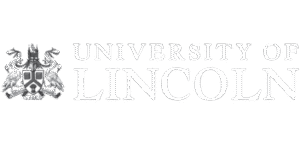So how has the role evolved, and what are the expanded responsibilities and skillsets we are seeing in the most successful CMO recruitment processes?
The role of the Chief Marketing Officer (CMO) has blown through the traditional remit of branding, advertising and market research. Digital disruption has dramatically changed the buying and decision-making process and organisations are adapting their marketing strategy as a result. When recruiting a new marketing leader, businesses that are keeping up with the pace of change in the consumer world are significantly broadening and elevating the role they are filling.
So how has the role evolved, and what are the expanded responsibilities and skillsets we are seeing in the most successful CMO recruitment processes?
Beyond traditional advertising to a multi channel world
Traditional advertising is now a tiny portion of the buying cycle. Consumers form judgements on products through online research, customer reviews, price comparisons and more. Advertising might be what first brings a product to a consumer’s consciousness, but the buying process is complex. A CMO must have the skillset to identify the different channels and the segmented market, and adapt promotional and branding strategy appropriately.
The Internet has created a global marketplace for all businesses that deliver or sell their services online. As well as adapting to multiple channels, CMOs need to devise a strategy that works globally, as consumers will not be limited to a choice of providers from one territory.
Shift in control of branding
Brand management is far less controlled and has shifted away from being led by the marketing messages that are put out by an organisation. What consumers say can really define a brand. Reviews and ratings appear alongside web pages in standard Google searches. These un-curated brand opinions form a massive part of a buyers’ decision-making process. In addition, social media commentary can make or break a brand overnight. The most successful CMOs treat brand management as a conversation rather than a one-way directive.
Market research…analytics…big data?
Market research is where huge changes have occurred, and where it’s possible to generate real competitive advantage. The sheer volume of data available and the speed at which correlations and trends can be identified blows traditional market research methods out of the water. Understanding the customer can and should drive business innovation, and it’s the CMO that needs to identify the trends and drive that change. Ultimately the CMO should be the voice of the customer within their organisation.
But it’s not completely out with the old when it comes to market research. There’s a tension between relying too heavily on predictive analytics to understand customer behaviour and listening to the customer to enable the conversation mentioned above. CMOs who have the most customer focused approach find a perfect balance between mining big data to understand trends and speaking to their customer base. In all aspects of marketing, but with market research especially, there shouldn’t be a digital/traditional divide, they should work together.
Organisational role
It’s not just the CMO skillset that has changed. In addition, there’s an expanding organisational role. Marketing is now a concern for the whole organisation, not just the marketing team. Customer insight, buyer behaviour and innovation has organisation-wide benefit so should be integrated into all business units. Marketing leaders need to drive innovation from the top down, and in every department.
Financial responsibility
The most compelling evidence to demonstrate the elevated status of marketing is that increasingly in consumer businesses, the marketing department has gone from a cost centre to having P&L responsibility. The once challenging job of showing return on investment of marketing spend has shifted to a place where marketing activities can feed demonstrably into the bottom line. CMOs will need to have the financial acumen to manage a P&L business unit, set targets and report success or otherwise.
How should the recruitment process adapt?
When speaking to clients about hiring a marketing leader, we have found that those organisations recruiting into a newly created CMO position have a wider perspective on what they want. Creating a job description afresh means that the changes in the marketplace are accounted for and these businesses are looking for an individual with a broader skillset and innovative approach. This leads to the most successful appointments. Sometimes businesses that have had a c-level marketing professional for some time tend to be more wedded to the traditional role of a CMO and therefore recruit with a narrower job specification.
We urge our clients to incorporate the seismic shifts that have occurred in the consumer world into their CMO recruitment process. Whether recruiting into a newly created marketing role, or filling an existing position, the job specification should be totally re-evaluated to future-proof your marketing strategy.
For professional services and B2B organisations, the advice is no different. Buyer behaviour may have changed more drastically in the consumer world, but digital disruption is having a huge impact in every industry, so marketing leaders must adapt.
Simon Bassett is the Managing Director of tml Partners.
tml Partners specialise in Executive Search for CMOs and Marketing Directors.










